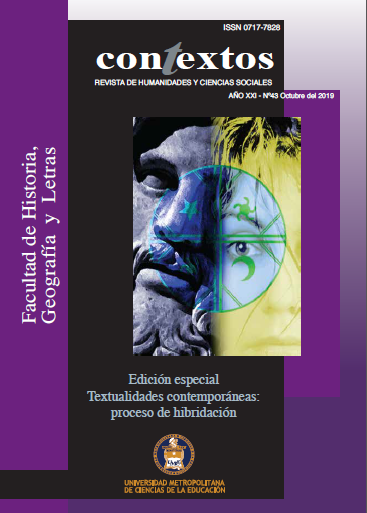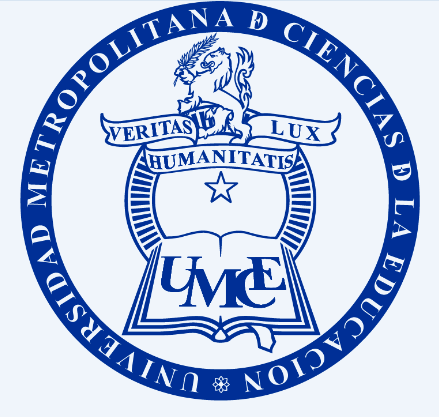Main Article Content
Sep 3, 2019
Abstract
The literary expression of the Chilean author, Diamela Eltit, in Vaca Sagrada (2002) is structured around two signs: the female blood and the metaphorical process of the animal cow as a field of enjoyment and fulfillment. Within the venue of a city, wandering bodies go in the search of a direction and of survival. The centre of the narrative occupies the pain for existing of each individual in the remains of the dictatorship and in the demands of neoliberalism. Outside of the common place, the book subverts official signs that have a relationship with the body and poetically transforms the blood and the animal existence into sacred phenomena. Featuring this subversion as a political and literary act, one hopes to analyze the regulatory and oppressive construction of the body, as well as to reflect on the signs of prohibition, which are socially constructed. In order to do so, the author in question will be studied, comparing her with herself, and bringing her closer to the theories of Deleuze and Guattari (2003), Foucault (2007), among other scholars.
Downloads
Policies for open access journals
Authors who publish here accept the following terms: Authors will keep their copyright and will guarantee the journal the right to the first publication of their work, which will be subject to the Licence of Creative Commons acknowledgement, which allows for the use of this material only if the authorship is credited and the original source is acknowledged (the journal’s URL), and if it is not used with commercial ends and with any derivations of the original work.
Authors may adopt other non-exclusive license agreements of distribution of the published version (e.g. to save it onto a digital institutional archive or publish it in a monographic volume) only if the initial publication of this journal is indicated.
It is permitted and recommended for authors to divulge their work on the Internet (e.g. institutional digital archives or webpage) before and during the submission process, which may lead to interesting exchanges and increase the citations of the publication. (See Open Access Effect).






